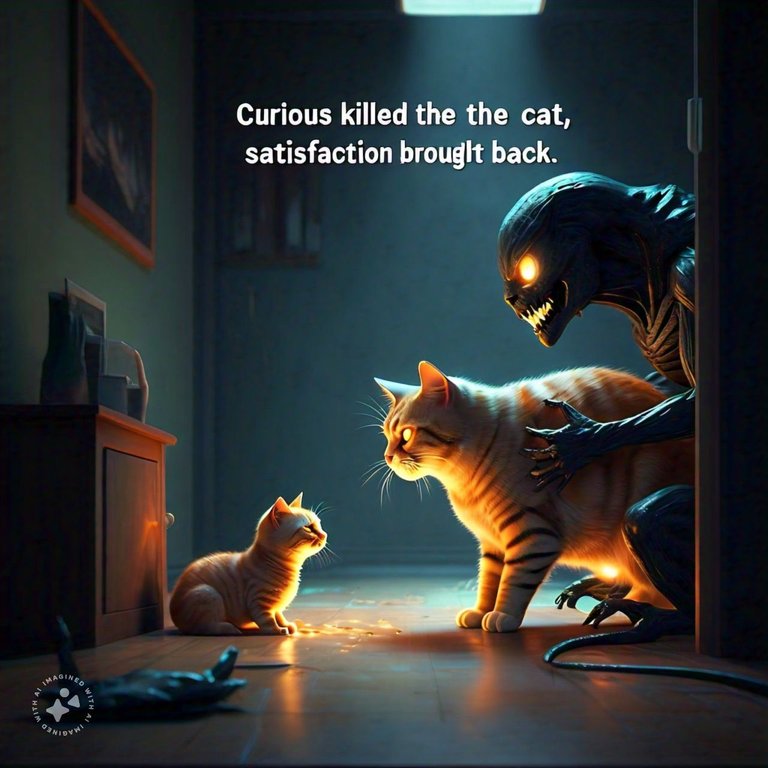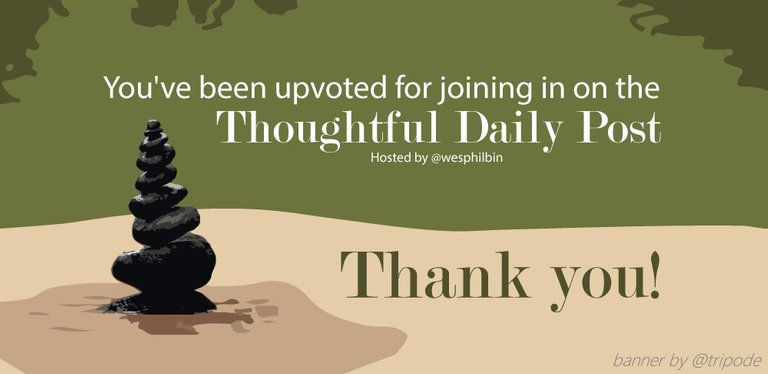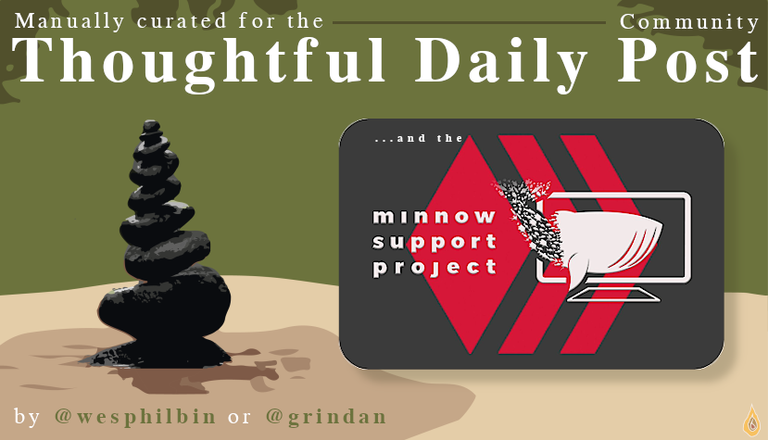If you are to-day old like me learning the complete form of these popular quotes, then you're not alone. They have been halved and passed down for decades to unsuspecting people (like us), but we are being enlightened at this moment. And here are five of them.

Halved Quote #1
"Can you just stick to one thing and let us know that that's what you're good at?" Such a statement is what you'll hear some of us say, and then we'd back it up with "Jack of all trades, master of none." And then we feel like we've dropped one age-old wisdom. In reality, however, the actual quote says something rather different and interesting.
"Jack of all trades, master of none, but often times better than a master of one."

Clear as day, this quote simply emphasises the importance of being diversified and versatile. It is also important to be an expert at something, but having general knowledge about a wider range of topics helps one be more useful in practical situations.
This quote applies very well to me. It is safe to say that I know something about many things, and that often helps me be more efficient and proactive in certain kinds of situations.
Halved Quote #2
Many of us have seen or been involved in altercations between customers and service providers or product sellers, and we sometimes think that "the customer is always right."
Well, the truth is, customers aren't really always right. Some are have this entitlement mentality and should be put in an ambulance to see a psychiatrist.

The truth, however, (and the complete quote) is that "the customer is always right in matters of taste." That is, whether they choose to buy a red shirt and combine it with yellow trousers to look like tetracycline or choose a haircut that obviously looks terrible on them, they are right. You can't argue with their taste, you know.
So if it is not about their taste, let us be logical, reasonable, and tactful in dealing with our customers responsibly. And that includes standing your ground against ill treatments from customers—because it is the halved quote they have upstairs instead.
Halved Quote #3
It is innate of us to feel the need to reciprocate an offence against us. So if a colleague raises their hand to land a slap on our face, an equal reaction would be seen as fair. And so, the quote "an eye for an eye" is often summoned to reinforce this act of retaliation.

Although justice should be served, the reality of it all is that "an eye for an eye makes the whole world blind." The full quote makes us remember just how badly things can turn out when we seek to pay back wrongdoings with wrongdoing. How blind would the world indeed be.
We may not be able to control the things around us, but we can control how we respond to the things that happen around and to us.
Halved Quote #4
Money can solve a lot of issues, and, as popularly thought of, it can bring a lot of problems as well. But is that accurate? I mean, we have seen different issues surrounding money—between friends, family, and lovers—and money invariably caused the problems.
For fear of the problematic life that money can bring, there are people who choose not to have much of it, leaning towards complacency. And so certain people think lowly of others who actively seek to earn money and feel holier for not choosing such a path. Sadly, they remain broke and have greater problems with time.

"The love of money is the root of all evil." And not money itself. It is obsessing over money and earning it that drives one into unethical or harmful behaviours that is the issue, not money itself.
So, by all means, seek a better life for yourself and those around you. Make money and bring glory to your maker. However, remain unattached to feelings of money—obsessing and lusting over it.
Halved Quote #5
Most people want to believe that knowing too much can be harmful. And many would agree that ignorance is bliss. Valid, I would say. Being overly curious and perhaps nosy in matters of little concern to one, like those of others, can get one into trouble. And so, "curiousity killed the cat" is one of the easiest quotes to bring forth.
Looking at the quote itself, it implies that one shouldn't be curious, and it is often used to try to shut curious people down. In reality, the correct quote encourages curiousity.
"Curiousity kills the cat, but satisfaction brings it back."
Who halved this quote again? I really wonder.

When you think of the brightest minds to have ever walked the Earth, you realise that many of the things we have today would absolutely not exist without them—and their curiousity. Think of every technology around you. It doesn't have to be as sophisticated as the device you're reading this from. As simple as a door knob, you just have to appreciate curiosity and how far it has brought us.
If Sir Isaac Newton had not wondered what made the apples on the tree fall on his head, despite being attached to the tree, we may not even be talking about gravity-related concepts by now. And, consequentially, we wouldn't have our vehicles, airplanes, building structures, and many more. The examples go on and on and on.
My point is that curiosity is not valued properly, and the halved quote doesn't help. Wanting to know, seeking to find knowledge, exploring new ideas and concepts—these are attributes of progress and innovation. Persistence pays.
Eureka! 💡
So there we have it—five quotes that have been halved and popularly misunderstood:
- "Jack of all trades, master of none, but often times better than a master of one."
- "The customer is always right in matters of taste."
- "An eye for an eye makes the whole world blind."
- "The love of money is the root of all evil."
- "Curiousity kills the cat, but satisfaction brings it back."
Once again, if you are to-day old like me, just learning these full quotes, we have received enlightenment today. What do you think about them?
All images were generated with meta.ai
Posted Using InLeo Alpha

 Wes & Grindan
Wes & Grindan



